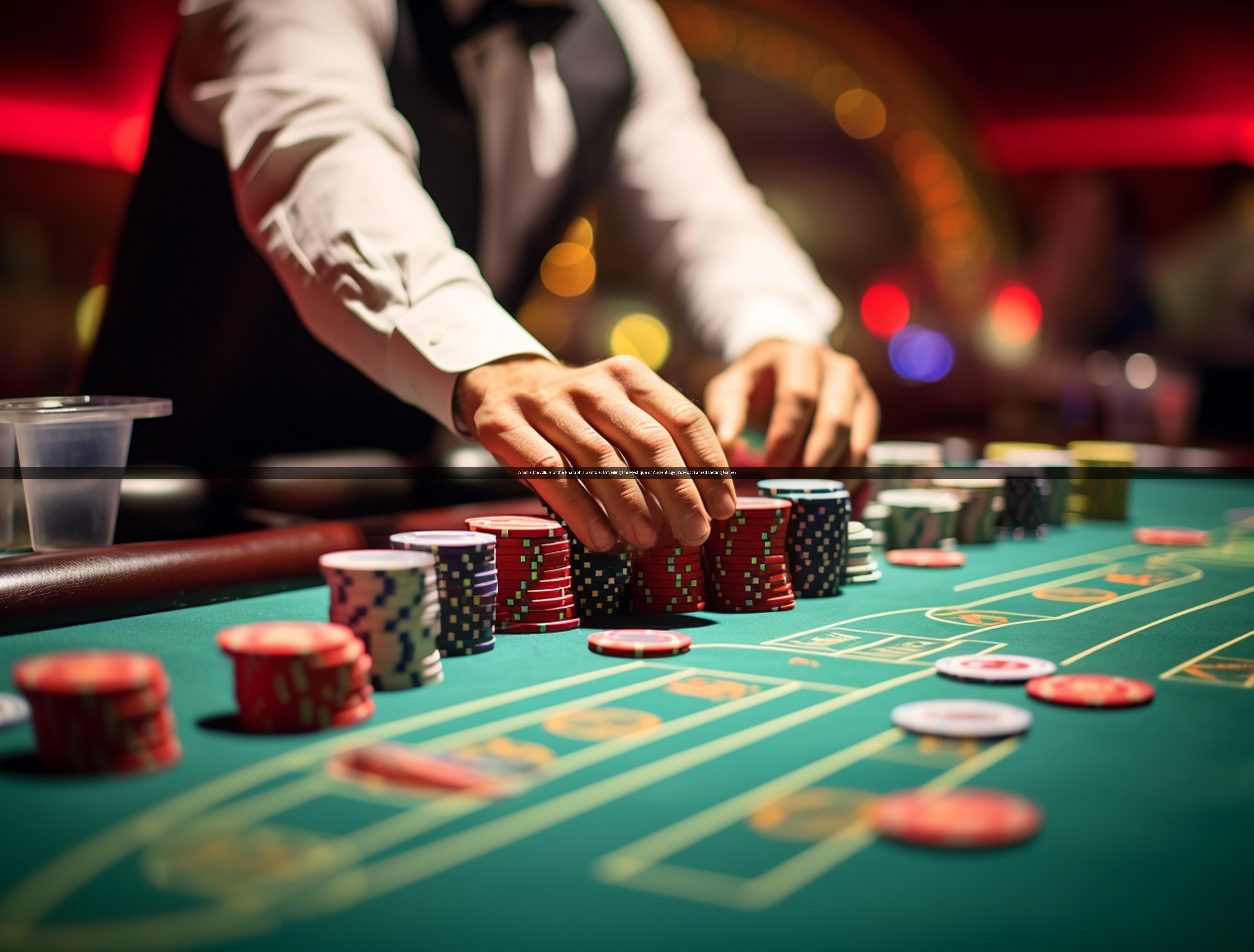
Table of Contents
1. Introduction to the Pharaoh's Gamble
2. The Historical Context of the Game
3. The Mechanics of the Pharaoh's Gamble
4. The Symbolism and Significance of the Game
5. The Cultural Impact of the Pharaoh's Gamble
6. The Pharaoh's Gamble in Modern Times
7. The Psychology Behind the Gamble
8. The Art of the Pharaoh's Gamble
9. The Pharaoh's Gamble and Ancient Egyptian Society
10. Conclusion
---
1. Introduction to the Pharaoh's Gamble
Have you ever wondered what it would be like to sit across from an ancient Egyptian pharaoh, placing bets on the outcome of a game that could determine your fate? The Pharaoh's Gamble, an ancient betting game, offers a glimpse into the world of the ancient Egyptians and their love for chance and risk. But what made this game so unique and enduring?
2. The Historical Context of the Game
The Pharaoh's Gamble is believed to have originated during the New Kingdom period of ancient Egypt, around 1550-1070 BCE. It was a game of chance played by both the elite and the common people, reflecting the Egyptians' fascination with fate and the divine. The game was often associated with the afterlife, where it was believed that one's destiny was decided by the gods.
3. The Mechanics of the Pharaoh's Gamble
The Pharaoh's Gamble was played with a set of dice, similar to those used in modern games like backgammon. Players would roll the dice and place bets on the outcome, which could range from predicting the number of pips rolled to guessing the sequence of numbers. The game was not only about luck but also required strategy and a deep understanding of the dice's patterns.
4. The Symbolism and Significance of the Game
The Pharaoh's Gamble held significant symbolism in ancient Egyptian culture. It represented the struggle between fate and free will, with the pharaoh often seen as the embodiment of divine will. The game also mirrored the political landscape of the time, with the pharaoh's power often tested by the whims of the gods and the will of the people.
5. The Cultural Impact of the Pharaoh's Gamble
The Pharaoh's Gamble left an indelible mark on Egyptian culture. It was depicted in countless art pieces, from intricate hieroglyphs to elaborate tomb paintings. The game was also mentioned in various texts, including the famous Book of the Dead, which outlined the afterlife and the importance of fate.
6. The Pharaoh's Gamble in Modern Times
Despite its ancient origins, the Pharaoh's Gamble continues to captivate modern audiences. Many casinos and gaming establishments have adopted elements of the game, creating new variations that appeal to a contemporary audience. The game's enduring appeal lies in its blend of chance, strategy, and the timeless allure of the unknown.
7. The Psychology Behind the Gamble
The Pharaoh's Gamble taps into the human psyche's love for risk and the thrill of the unknown. It offers a sense of control over fate, even in a game where luck plays a significant role. The psychological appeal of the game lies in its ability to provide a temporary escape from reality, allowing players to confront their fears and desires.
8. The Art of the Pharaoh's Gamble
The art of the Pharaoh's Gamble is a testament to the Egyptians' skill and creativity. From the intricate designs on dice to the detailed scenes depicted in tomb paintings, the game's artistry is a reflection of the Egyptians' rich cultural heritage. The art also serves as a window into the game's significance and the values it represented.
9. The Pharaoh's Gamble and Ancient Egyptian Society
The Pharaoh's Gamble was not just a game; it was a social activity that brought people together. It was a way for the elite to demonstrate their wealth and power, while the common people could enjoy a brief respite from their daily struggles. The game's social aspects are evident in the numerous depictions of people playing together, sharing laughter and camaraderie.
10. Conclusion
The Pharaoh's Gamble is more than just an ancient betting game; it is a window into the heart of ancient Egyptian culture. Its enduring appeal lies in its blend of chance, strategy, and the timeless allure of the unknown. As we continue to explore the mysteries of the past, the Pharaoh's Gamble remains a captivating reminder of the human fascination with fate and the thrill of the gamble.
---
Questions and Answers
1. Q: What is the Pharaoh's Gamble?
A: The Pharaoh's Gamble is an ancient Egyptian betting game played with dice, reflecting the Egyptians' fascination with chance and the divine.
2. Q: When was the Pharaoh's Gamble played?
A: The Pharaoh's Gamble is believed to have originated during the New Kingdom period of ancient Egypt, around 1550-1070 BCE.
3. Q: How did the Pharaoh's Gamble impact Egyptian culture?
A: The Pharaoh's Gamble held significant symbolism in Egyptian culture, representing the struggle between fate and free will and reflecting the political landscape of the time.
4. Q: Why is the Pharaoh's Gamble still relevant today?
A: The Pharaoh's Gamble remains relevant today due to its enduring appeal, which lies in its blend of chance, strategy, and the timeless allure of the unknown.
5. Q: Can you describe a scene from the Pharaoh's Gamble?
A: Imagine a luxurious room adorned with intricate hieroglyphs and gold. In the center, a group of people gather around a table, rolling dice and placing bets. The air is filled with laughter and excitement, as the players confront their fears and desires, all while under the watchful eye of the pharaoh.